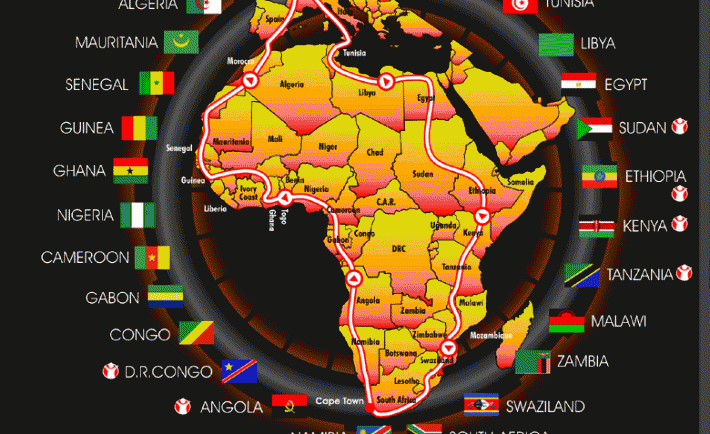
PICTURE: THINKSTOCK
Across the continent, dictators are once again claiming their “rightful place” at the head of the table — ahead of the people they have always pretended to serve. Except this time they’ve lost all pretence. They are hogging all the available seats at the table. The people can only look on from a distance. But did these esteemed leaders of the people ever go anywhere in the first place?
In 2009, on a visit to Ghana, US President Barack Obama said: “Africa doesn’t need strong men, it needs strong institutions.” Those institutions would be instruments of accountability to the people. But he was too optimistic.
Last week the Chama Cha Mapinduzi party of Tanzania miraculously won a rerun of the presidential election in semi-autonomous Zanzibar with 91.4% of the votes cast. Not even Mwalimu Julius Nyerere could boast such a feat in his heyday as head of a one-party state.
This is a few months after the party almost lost the October presidential election on the island. The electoral commission had to cancel that poll after it alleged massive fraud, which the opposition saw as an attempt to snatch away its victory over the party that has ruled the nation since independence. The opposition boycotted this rerun.
Last week, Angola’s Jose Eduardo dos Santos happily announced that he is ready to quit in 2018. This will be after leading his Popular Movement for the Liberation of Angola (MPLA) through the November 2017 election. Minor problem: a government term in Angola is five years, not one. So you ask for another five-year mandate in order to leave your own successor in charge. Dos Santos has been in power since 1979.
Paul Kagame has just won a referendum to change Rwanda’s constitution to allow him to run for as many seven-year terms as he wishes. He’s been in power since 1994. In Burundi and Uganda, the strong men in charge have secured themselves more time in power. Yoweri Museveni and Pierre Nkurunziza are still busy beating up and killing their opponents to secure for themselves the seats of power they have been hogging since 1986 and 2005 respectively.
In the Democratic Republic of Congo, Joseph Kabila is still trying to change the constitution to allow him to run again. He’s been in power since 2001. Across the Congo River in Brazzaville, Denis Sassou Nguesso blocked all Internet and social media and cut phone lines to silence the people while pretending to count the votes after Sunday’s election. After 32 years in the role, he still thinks he is the best candidate to govern.
Of course, shutting down the lines of communications isn’t new when people want to steal elections. Uganda’s Museveni did it a few weeks ago. This allowed his uniformed thugs to beat up and arrest his main opponent every few hours for insisting on transparency.
In Niger, Mahamadou Issoufou has just won 93% of the vote after an opposition boycott.
In Zambia, an opposition leader has just been arrested for criticising the president. In Mozambique, the opposition Renamo’s Afonso Dhlakama (a creation of the old SA) has again unleashed his armed thugs, demanding a seat at the table.
This year there will be a few other elections in countries like Benin and Cape Verde. But don’t hold your breath. The incumbents have already won.
Of course the markets have taken note. That “Africa rising” narrative, which seemed fashionable not long ago, has all but melted into thin air.
The average rate of economic growth across the continent — no doubt also inhibited by the deadly Ebola virus and depressed commodity prices — has dropped to a forecast 4% this year. Not long ago we boasted of 6%-8% average annual growth. As you can see from our cover story this week, we in SA aren’t being left behind. The thugs are large and in charge.
Young people have been relegated to spectators as their future is demolished.
This article first appeared in the Financial Mail
http://www.rdm.co.za/politics/2016/03/24/africa-is-returning-to-its-old-self

